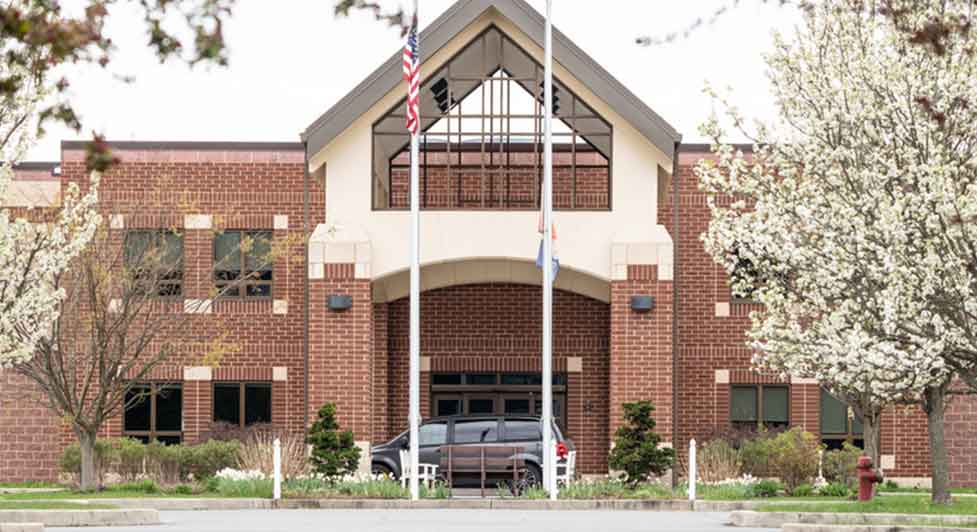The last few years have been subject to a confluence of events and circumstances extremely challenging for the senior living industry. Caring for the most vulnerable-aged population with a new highly contagious infectious disease was just the beginning. Throw in a sudden uptick in unemployment and the resulting staffing challenges, lockdowns, reductions in elective surgeries that drive rehabilitation needs, limits on visitations, and families that encounter either unemployment or dramatically changed employment, and you have a perfect storm for an unprecedented array of difficulties in our sector.
In the wake of all this, the U.S. Department of Housing and Urban Development (HUD)/Federal Housing Administration (FHA) and its seniors housing and care lending programs continue to serve as a lifeboat for providers, keeping them afloat and allowing them to weather the storm. Despite the immense challenges caused by COVID-19, FHA continues to post impressive volume numbers, a testament to the resolve of its staff and the attractiveness and resiliency of its programs. Challenging times such as these emphasize the essential role FHA mortgage insurance programs play in the industry. Without the long-term financing programs FHA offers, owner/operators simply would not have the same level of capital stability they are now afforded.
When looking at initial endorsements for the fiscal year (FY) ending September 30, 2021, FHA posted 333 closings with a combined loan amount of nearly $4 billion. Lument finished in the top five of all senior living lenders with 23 closings, totaling nearly $221 million. The firm’s volume consisted of loans closed via the 232/223(f) and 232/223(a)(7) refinance programs, as well as the 232/241 new construction/substantial rehabilitation program.
The majority of closings in FY21 across all lenders were refinances of existing FHA loans, as interest rates continued to hover at historic lows. In some cases, a rate could have been reduced by as much as 300 basis points. For example, borrowers who closed an FHA loan several years ago at a 5.5% rate may have had the opportunity to refinance to a 2.5% rate, which not only reduces annual debt service by a substantial amount but also allows additional borrowing for repairs and capital improvements.
Note Modifications Add to Impressive Volume
It is important to note that FHA’s FY21 figures do not include note modifications, which reduce interest rates on existing FHA loans. During this period, Lument closed 71 note modifications totaling $640 million, representing approximately 30% of all FHA Lean note modifications completed in HUD’s FY21.
In addition to the benefit a borrower derives from a lower interest rate, the appeal of the interest rate reduction loan modification program is its speed of execution. With note modifications, which are only available to the lender that currently services the loan, the new interest rate can be locked in well before 30 days from the start of processing. That is significantly shorter than a 223(a)(7) application, which can take a few months to complete. The process is simplified with the loan modification execution, as all loan documents from the original FHA-insured loan remain. Closing documentation consists of a modification to the note itself that lowers the interest rate and the monthly payment. Overall, it is a straightforward, clean and fast execution to take advantage of a lower interest rate.
The FHA seniors housing lending programs will remain key sources of financing for owners of seniors housing and healthcare communities across the nation. The programs provide a valuable source of financial stability to the industry, and the pandemic we have experienced over the past 18 months only serves to place a greater spotlight on their importance.

